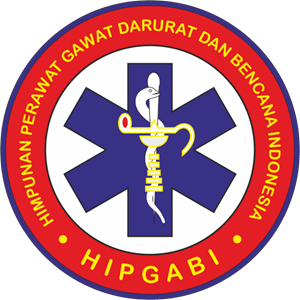The Effect Of Autogenic Relaxation And Dhikr On Sleep Quality In Chronic Kidney Disease Patients Undergoing Hemodialysis Therapy At Fatimah Islamic Hospital
Downloads
Introduction: Chronic Kidney Disease (CKD) is a serious disease that can affect all ages, from teenagers to the elderly, which can be caused by various factors. CKD patients undergoing hemodialysis therapy have sleep disturbance problems that affect sleep quality. Poor sleep quality if not handled properly can cause 2 disturbances, namely physiological and psychological balance. The purpose of this research is to investigate the effectiveness of autogenic relaxation and dhikr in improving sleep quality among chronic kidney disease patients undergoing hemodialysis therapy at Fatimah Islamic Hospital. Methods: This study employed a quasi-experimental design using a pre-test and post-test control group approach. A quota sampling technique was used to select 44 participants, who were then divided into two groups. Data analysis was conducted using the Wilcoxon and Mann-Whitney tests, with significance set at p < 0.05. The Pittsburgh Sleep Quality Index (PSQI) was used to measure sleep quality before and after the intervention. Results: The study results demonstrate significant findings, with a Wilcoxon test p-value of 0.003 and a Mann-Whitney test p-value of 0.025. Conclusion: There is an effect of autogenic relaxation therapy and dhikr on the sleep quality of chronic kidney disease patients undergoing hemodialysis therapy at Fatimah Cilacap Islamic Hospital. Future research should assess the feasibility and effectiveness of incorporating autogenic relaxation and dhikr into routine hemodialysis care, including the training of healthcare providers and integration into treatment protocols
Copyright (c) 2024 Dewi Ayu Kusumawati, Estriana Murni Setiawati

This work is licensed under a Creative Commons Attribution 4.0 International License.
1. The journal allows the author to hold the copyright of the article without restrictions.
2. The journal allows the author(s) to retain publishing rights without restrictions.
3. The legal formal aspect of journal publication accessibility refers to Creative Commons Attribution (CC BY).

















